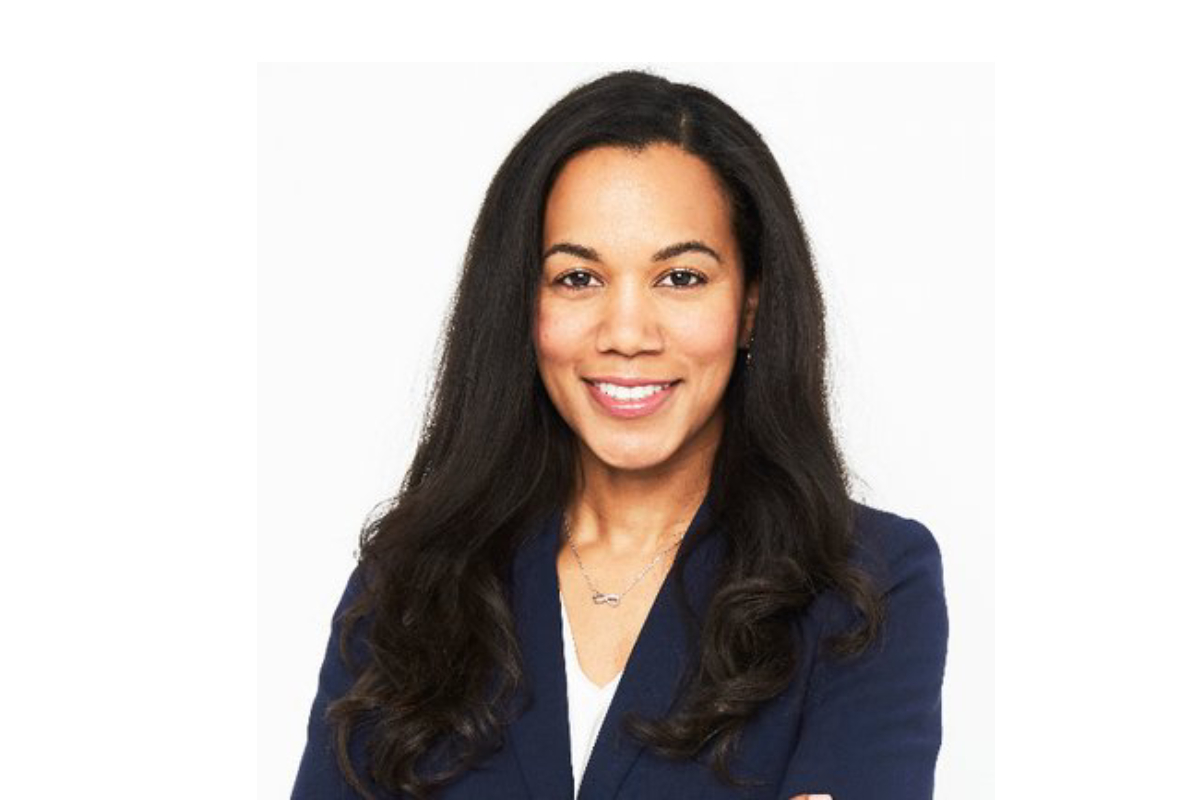Hon. Dr. Jean Augustine has made history time and time again. In 1993, she became the first Black Canadian woman elected to the House of Commons, and in 2002, she was the first Black woman in Cabinet. Appointed as the inaugural Fairness Commissioner by the Government of Ontario in 2007, she has achieved countless pioneering milestones before, during, and after these roles.
In 1995, Dr. Augustine spearheaded the establishment of Black History Month in Canada. A passionate advocate for victims of domestic violence, women, children, and marginalized communities, her lifelong commitment to service has left an indelible mark on politics, education, and social justice. Her efforts have forged connections across political allies and states, and her voice continues to resonate through numerous local and national initiatives. Recently, Dr. Augustine produced a documentary titled Steadfast: The Message and the Messenger, which delves into her remarkable journey and the principles that have continued to guide her impactful career.
The Edge was honoured to discuss her extraordinary life and legacy.
Reflecting on your career in public service, what have been your most significant challenges and successes?
At the beginning of my journey in education, there was little communication between school boards and parents. The lack of interaction was stark compared to today. Furthermore, there were few Black educators—you could count us on your fingers. Navigating these spaces as a Black immigrant woman posed challenges, compounded by the absence of Black or Indigenous history in teaching curricula. Recognizing this gap, I realized there was a unique position to advocate for change.
As Fairness Commissioner, I encountered similar barriers. Many skilled immigrants faced immense difficulty entering their fields due to the rigorous requirements imposed by regulatory bodies. Collaborating with provinces, we built frameworks to address these issues and bring about broader inclusivity.
Did you envision such historic achievements as part of your future growing up in Grenada?
My dreams took root in Happy Hill, Saint George, Grenada, where I grew up in a small village. As an avid reader, I often sat on the school floor or at Sunday Mass with the priest, envisioning a future beyond my surroundings. In those days, families prioritized boys’ education, and girls’ aspirations beyond traditional roles were rare. My goal was always to excel as a teacher and pursue every opportunity for growth. The community landscape also needed change. Schools weren’t open early or late for community activities. Transforming these spaces required collaboration, advocacy, and teamwork, which became pivotal in achieving the necessary changes.
While serving as parliamentary secretary to Prime Minister Jean Chrétien, what stands out most about that experience?
Prime Minister Chrétien’s respect and trust were empowering. As “Madame Augustine,” I was given the space to thrive as a parliamentarian. One memorable initiative involved Prime Minister Chrétien attending the Caribbean Heads of State meeting in Grenada rather than hosting it in Canada. This decision resulted in a historic conference, culminating in a grand reception aboard a Canadian military warship. The collaboration of Canadian and Grenadian officials was a sight to behold. I carried out diplomatic tasks, such as visiting African nations to garner support for Canada’s bid for a United Nations Security Council seat. These experiences underscored my colleagues, and the Prime Minister’s confidence in my abilities.
Spearheading the unanimous vote for Black History Month in Canada was a historical achievement; how does this reflect your cultural heritage?
Convincing 308 Parliament members to support Black History Month amidst discussions on trade and fiscal matters required strategic planning. I proposed a motion rather than a private member’s bill, lobbying MPs in halls and elevators and gaining bipartisan support. Establishing Black History Month has allowed educators, artists, and other professionals to spotlight African Canadian contributions, enriching our national narrative.
What inspired you to create the documentary Steadfast: The Messenger and The Message?
The documentary was born out of a desire to reflect on my journey and share the principles that have guided me throughout my life. It provides an opportunity to inspire others by highlighting the resilience, community connections, and steadfast commitment to justice that have shaped my work. I hope it resonates with viewers as a story of courage, purpose, and the power of collective action.
You navigated challenges of gender and race during your tenure. How did you approach these experiences?
Victimhood was never an option. Directly addressing microaggressions or perceived racism was essential, as was understanding my intersectionality—as a Black, immigrant, Catholic woman. Stereotyping underestimated my capabilities, but confidence in one’s purpose and vigilance against generalizations proved crucial in combating biases.
Addressing diversity and inclusion initiatives, how can corporations and governments ensure meaningful implementation?
Legislation addressing equity and inclusion, such as the Canadian Human Rights Act and the Employment Equity Act, is robust. However, implementation often lags. Enforcing policies that guarantee equal opportunities and fair treatment is imperative. Beyond legislation, fostering compassion and understanding ensures sustainable diversity.
Can you elaborate on the initiatives that empower young people through the Jean Augustine Chair and the Centre for Young Women’s Empowerment?
The Centre for Young Women’s Empowerment provides programs that enhance self-confidence, skills, and aspirations. With an exceptional team, we have created a space where over 800 girls have thrived. Our outreach has even extended to collaborations with girls in Nigeria, fostering global connections. Empowering young people, especially girls, has always been a cornerstone of my work.
Facing the pandemic, how did you adapt your organization’s operations?
When COVID-19 struck, one of our major donors withdrew support. Determined to keep the Centre open, I mobilized resources and transitioned programs online. This pivot allowed us to reach a broader audience, expanding our impact beyond the Greater Toronto Area.
Imagining yourself in Parliament today, what changes would you advocate for the greater good?
Non-partisan collaboration is vital. Encouraging engagement across all levels—city councillors, members of the Provincial Parliament, federal members, and trustees—strengthens communities. More of us must serve as role models for the next generation, fostering active participation and representation.
During the COVID-19 pandemic, what lessons resonate most with you personally and as a nation?
The pandemic emphasized our interconnectedness and the critical role of women as caregivers, educators, and essential workers. Systemic disparities in healthcare and decision-making became starkly evident, underscoring the importance of inclusivity and global responsibility. These lessons reaffirm the need for empathy and collaboration.
What progress did your organization make in raising funds for the York University Chair initiative?
The Jean Augustine Chair in Education at York University addresses systemic educational barriers and promotes equitable outcomes for Black students. We’ve raised $1.8 million of our $3 million goal. Once fully endowed, the Chair will champion policies and diversify the teaching workforce, impacting Canadian education.
Considering your legacy, how do you hope to be remembered?
Historic achievements like Black History Month and the Famous Five statue bring pride, but the schools, parks, and programs bearing my name hold personal significance. Ultimately, I hope they will remember me as a proud, hardworking Black woman who made a positive difference. My story should inspire future generations to believe that if Jean Augustine could do it, so can they.
Jennifer M. Williams | Editor-in-Chief



















